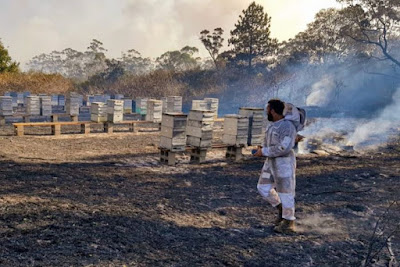There are only a few parents and teachers who understand that a child should have a balanced routine, and get time for studies, games, and proper rest. As a blogger and sports lover, Nick Tsagaris Mcdonalds believes that education is not just reading, memorizing, and writing homework. It is, in fact, the growth of one's personality. The importance of sports and games should not be ignored, when it comes to educating children and teenagers. Sports contribute to a child's physical, emotional and psychological growth.
Here are some benefits of playing sports for your child -
Physical Benefits - Playing a sport involves lots of physical movement by the player. So, just imagine, if your child takes up any sport, he/she has to undergo a lot of running around and bodily activities in order to play and excel in a particular sport. These things will help your child build their muscles strong and also prevent diseases which are caused by over-weight and lack of physical activities. You will see a new change in your child's growth.
Boosts Self-Esteem - One major advantage of playing sports is that your child will have to play in a team. Being part of one team with a common goal will raise your child’s self-esteem as he will feel an important part of a unit. Every little or big contribution they make to the team, will boost their confidence and feeling of self-worth.
Builds Character - Children who play sports can serve as good role models to other children. Playing sports early enables children to participate in social interactions and develop essential social skills. This, in turn, will teach children to develop and practice numerous mental and moral qualities they learn from the field.
Social Development - Sports help your children to develop sportsmanship and patience. They learn about teamwork and cooperation which are needed in every phase of their life and also help them gain experience in handling both victory and defeat. In life, we do not always excel in everything we try, sometimes we need to see the good of the darker sides, and therefore your kids should learn to be happy even if they fail. Children who fail to learn this often get prone to wearing grudges that adds negative traits to their personality.
Decreases Stress - Sports help to fight anxiety, depression and stress. Sports trains one to accept failure gracefully and move one. They learn that winning and losing are parts of life, one should not feel discouraged and depress on losing, but move on and try more for the next time. Sports inculcates the spirits of sportsmanship and sharing. Children playing together as a team, share and celebrate their winning together. This has a positive effect on a child's psychology and behavior.
Be a responsible parent and give your child a life high beaming with pride, confidence and self-esteem. This would be the best gift you can give him/her and one day you will be proud to have given your child the future he/she deserved.





















